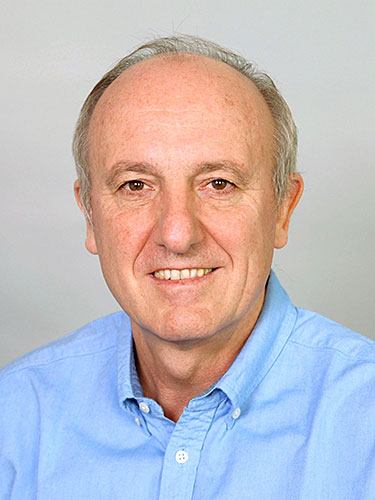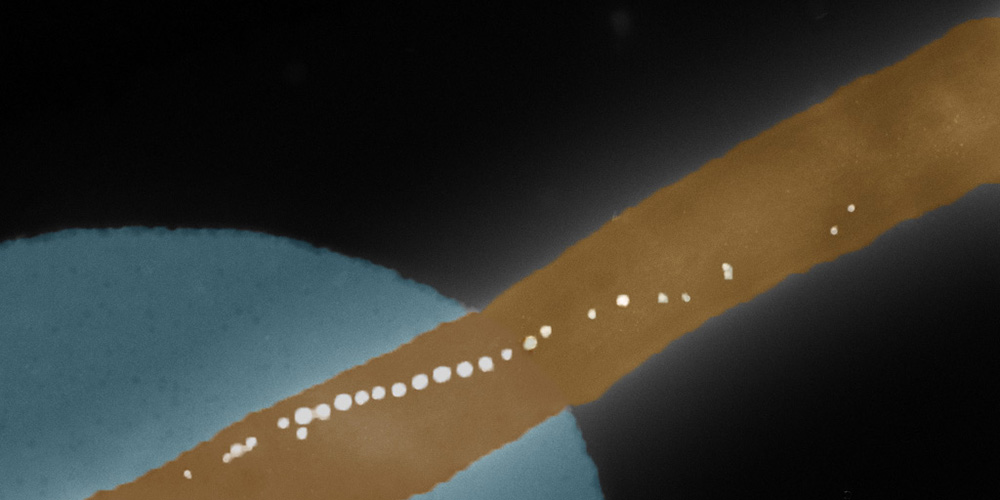Appointment as external scientific member of the Max Planck Institute Halle
The Max Planck Institute Halle appoints Prof. Dr. Daniel Loss from the Department of Physics at the University of Basel as a new external scientific member.
29 July 2021
Daniel Loss has been a full professor of Theoretical Physics at the University of Basel since 1996. He is one of the world’s most frequently cited physicists and is internationally renowned, especially for his development of the concept to use the intrinsic angular movement (or spin) of electrons in quantum dots as the smallest memory unit, or quantum bit (qubit).
In 1998, Loss published the theory for the Loss-DiVincenzo quantum computer together with David DiVincenzo. Numerous experimental research teams worldwide rely on Loss’ theoretical contributions.
For his research Loss has received several prestigious awards. Regarding his appointment by the Max Planck Institute (MPI), he says: «I am extremely excited about joining the MPI Halle as an External Scientific Member. It is not only an extraordinary honor for me to become a member of the Max Planck Society, one of the most prestigious learned society worldwide, but also a great opportunity to continue my research at such an outstanding institute.» For him there is no better way to discover and conquer new grounds in condensed matter physics. In collaboration with Prof. Stuart Parkin he plans to bring together topological quantum magnetism and quantum computing, «not only in theory but also in experiment.»
This report is based on the release by the Max Planck Institute Halle.
About Daniel Loss
Daniel Loss started his academic career in Theoretical Physics at the University of Zurich, before moving to the US to join research teams at the University of Illinois, Urbana and at the IBM Research Center, NY (USA). In 1993 he moved to Vancouver (Canada) to become Assistant and then Associate Professor of Physics at Simon Fraser University. In 1996 he returned to Switzerland to become full Professor of Theoretical Physics at the University of Basel. Here, he was co-director of the Swiss National Center of Competence and Research (NCCR) in Nanoscale Science, and serves as director of the Basel Center for Quantum Computing and Quantum Coherence (QC2), co-director of the Swiss Nanoscience Institute and co-director of the Swiss National Center of Competence NCCR SPIN.
Loss has received several prestigious awards for his research, the Humboldt Research Prize in 2005, the Marcel Benoist Prize in 2010 — the most prestigious science prize in Switzerland, the Blaise Pascal Medal in Physics 2014 from the European Academy of Sciences and the King Faisal International Prize in Science 2017. Furthermore, he is a Fellow of the American Physical Society, a member of the European Academy of Sciences and of the German National Academy of Sciences Leopoldina.


